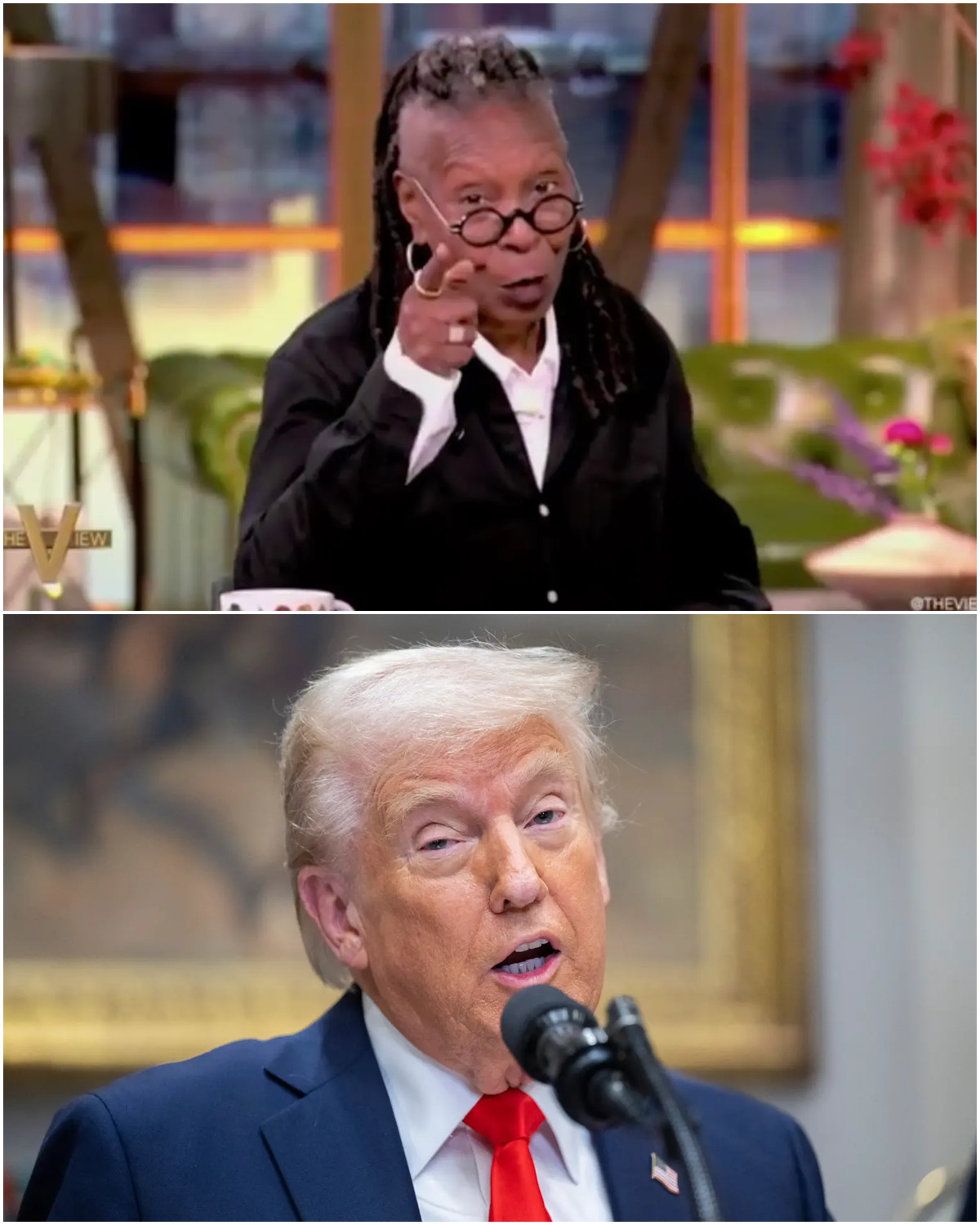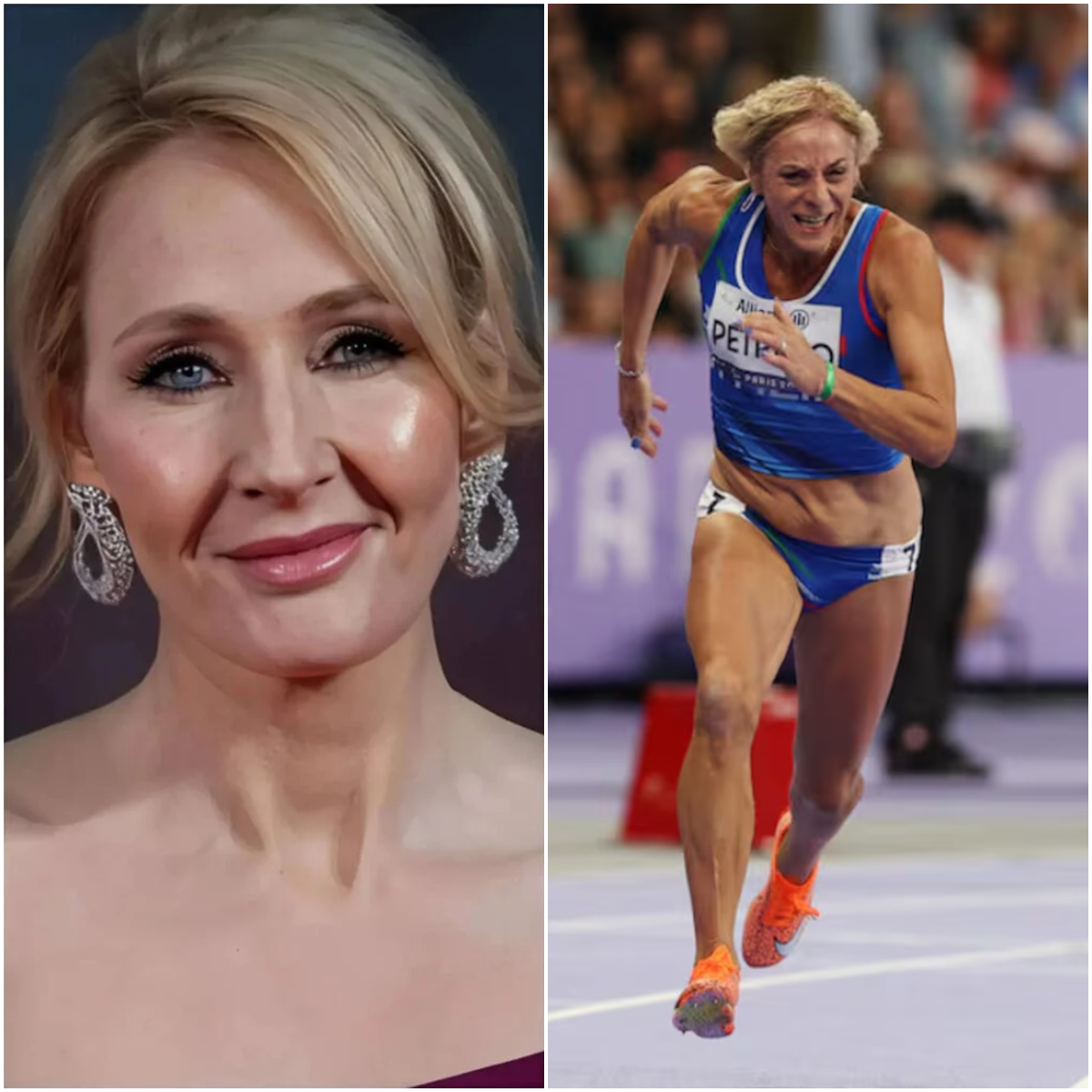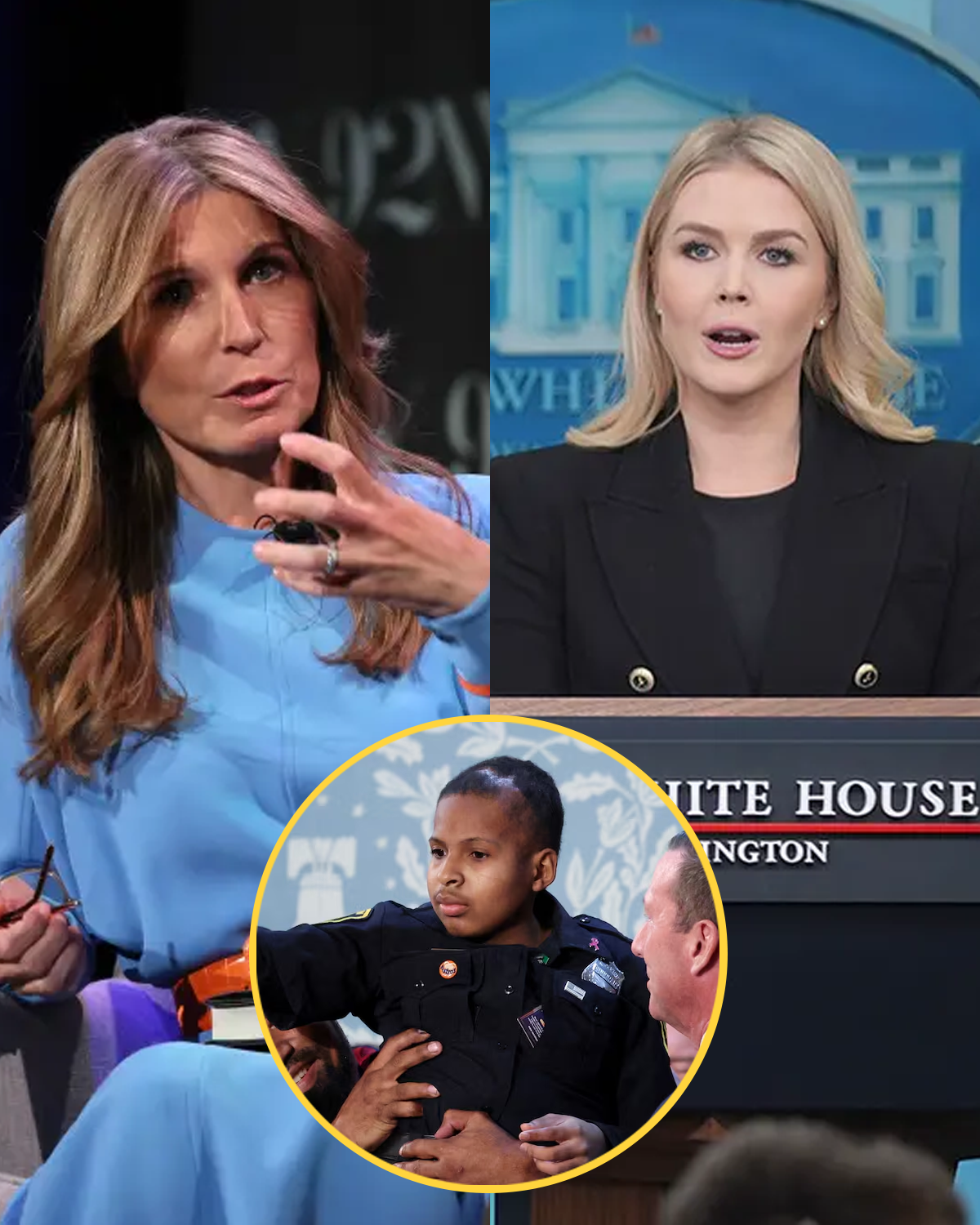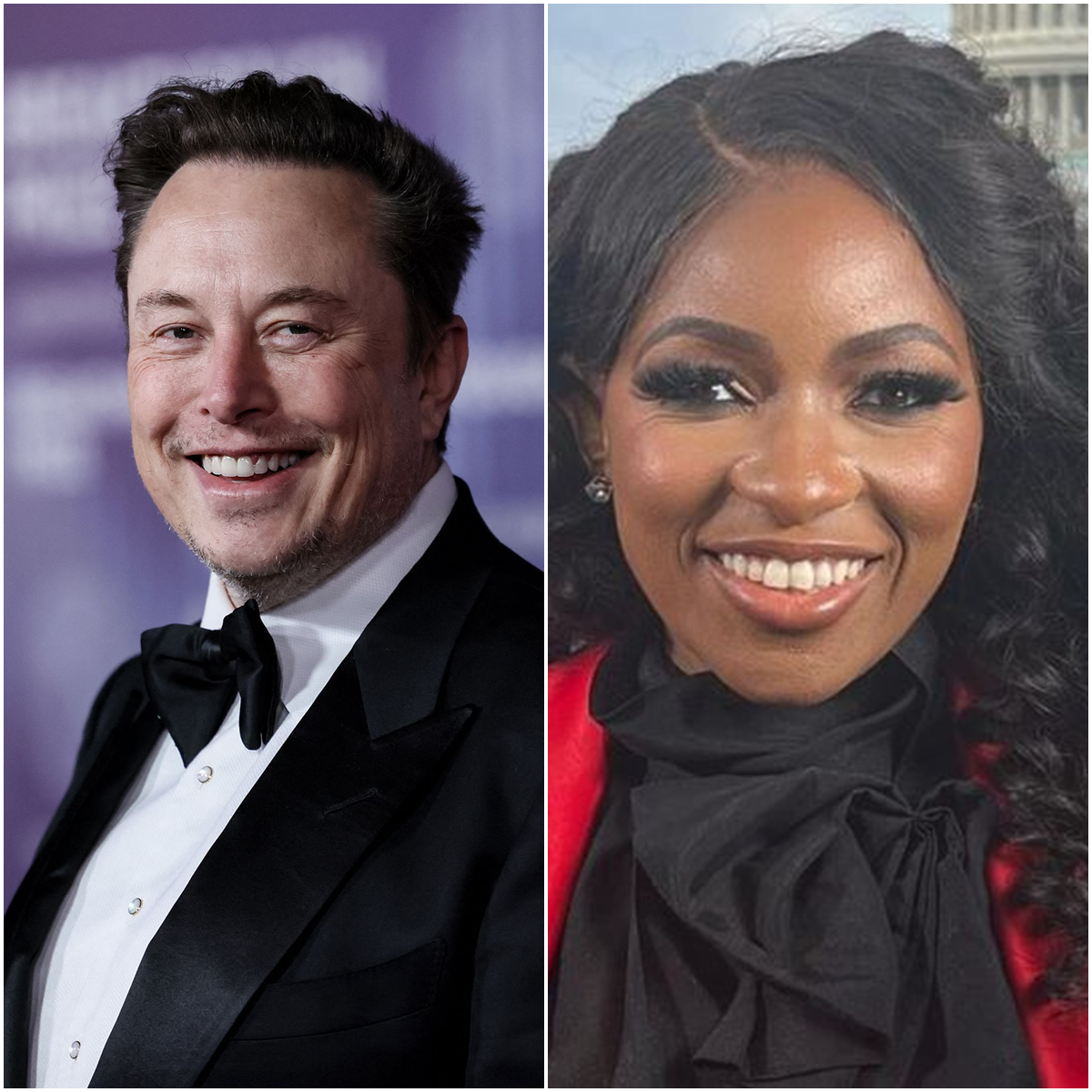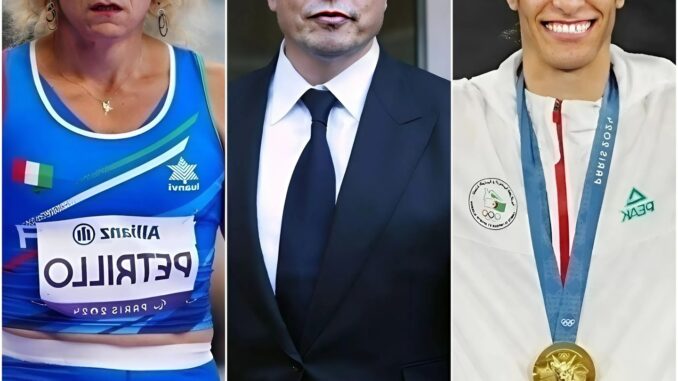
Elon Musk’s Shocking Proposal for Women’s Sports
Elon Musk has once again stirred up the digital world with a bold statement that has set social media ablaze. In a post on X (formerly Twitter), Musk called for an immediate proposal to stop all tournaments that allow biological men to compete in women’s sports categories. The statement, which quickly garnered over 100 million views, was met with a firestorm of reactions, drawing a sharp divide between those supporting his call for fairness and others accusing him of promoting discrimination.
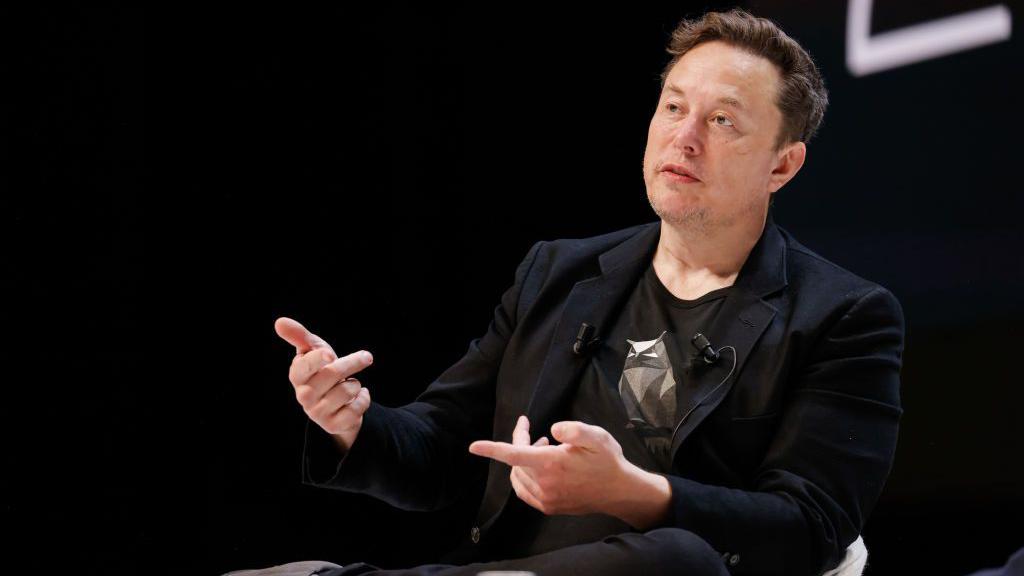
“This is not about hate. It’s about preserving fairness in women’s sports,” Musk wrote, sparking fierce debates. His call to “Let women compete against women. Period,” resonated with many who believe that allowing transgender women to compete in women’s categories is unfair to biological women athletes.
Musk’s statement comes after a contentious week in the world of women’s sports. A recent women’s golf tournament in California saw a transgender woman win first place, a result that ignited widespread backlash and debates over fairness in competitive sports. Musk’s proposal, which was echoed by some athletes and fans, could potentially lead to a seismic shift in the way sports federations handle gender categories.
A Divided Public Reaction
While some supporters have hailed Musk’s proposal as a necessary step toward ensuring fair competition, others have fiercely criticized it as discriminatory and transphobic. Musk has always been a polarizing figure, known for his candid comments on a range of issues—from challenging COVID-19 policies to warning about AI risks. This time, however, he has ventured into the highly charged debate over transgender athletes in women’s sports.
Tennis legend Martina Navratilova voiced her support for Musk’s stance, reposting his tweet with the comment, “Finally, someone with power speaks up. Fairness matters.” Navratilova, a longtime advocate for women’s sports, has been vocal about the need for fair competition. But not everyone agrees with her or Musk.
LGBTQ+ advocacy groups have strongly condemned the move, calling it a direct attack on inclusivity and human rights. The debate has reached a fever pitch, with critics arguing that Musk’s position undermines the progress made toward transgender rights in sports and society at large.
The Legal and Political Ramifications
Sources close to Musk suggest that he is not just voicing an opinion but is seriously considering funding legal actions and lobbying efforts to push for policies based on biological sex in global sporting events. If this happens, we could see a legal battle that spans tennis, golf, MMA, and even Olympic qualifiers, potentially altering the landscape of professional sports worldwide.
Many are questioning whether Musk’s influence will be the tipping point that forces sports federations to reconsider their policies. The billionaire’s involvement in this debate could escalate tensions, but it also signals the increasing politicization of gender issues in sports. Whether his push for fairness will win out or whether the fight for inclusivity will prevail remains to be seen.

The Bigger Picture: A Growing Divide in Sports
This isn’t the first time Musk has waded into controversial waters. His past comments have ignited debates on various fronts, but this latest intervention has added fuel to the fire in the ongoing discourse about gender in sports. As the debate continues to unfold, one thing is clear: Musk’s statement has made gender equality and fairness in sports one of the hottest—and most divisive—topics of 2025.
Supporters of Musk argue that protecting women’s spaces in sports is paramount to preserving fairness, while opponents believe that such a stance threatens the inclusivity and progress made by the LGBTQ+ community. As these conversations continue, one question remains: can the world of professional sports reconcile these competing viewpoints, or will this controversy lead to a more entrenched divide?
